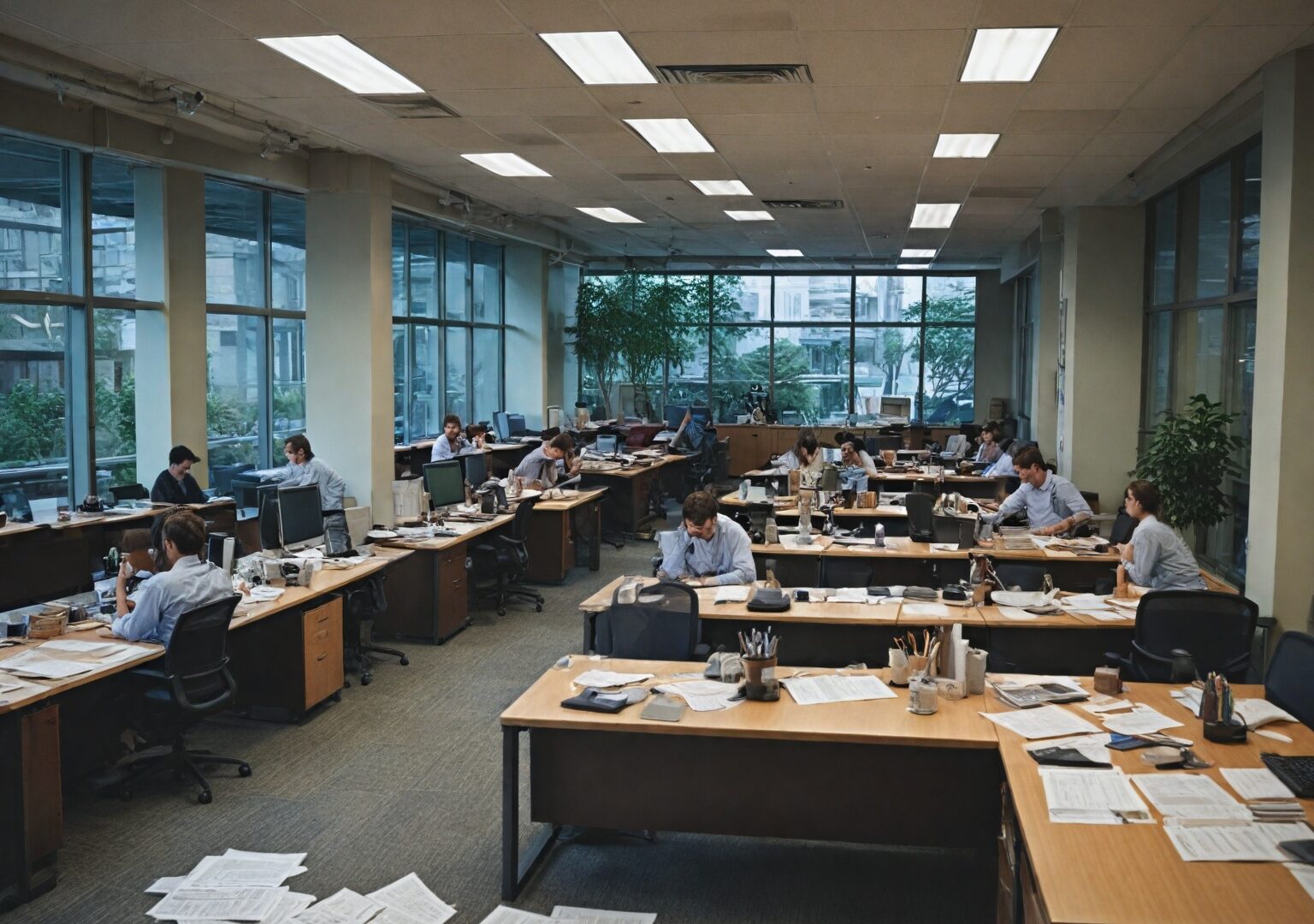Highlights:
– SEC drops investigation into NFT marketplace OpenSea
– Illuvium CEO restructures workforce for faster game development
– Gunzilla Games Web3 director compares blockchain gaming market to a “game of musical chairs”
The SEC’s Verdict on NFT Marketplace OpenSea
The recent closure of the US Securities and Exchange Commission’s (SEC) investigation into the NFT marketplace OpenSea marks a significant milestone for the digital asset industry. OpenSea co-founder and CEO, Devin Finzer, expressed relief, emphasizing that the decision is a victory for innovators in the space. The SEC’s initial probe, which began in August 2024, alleged that OpenSea facilitated the trading of unregistered securities. However, this investigation has since been dropped, suggesting a more favorable regulatory environment for NFT platforms.
Chris Akhavan, chief business officer at Magic Eden, a competitor of OpenSea, hailed the SEC’s decision as a positive development for the entire NFT sector. The move not only benefits established platforms like OpenSea but also signals broader encouragement for growth and investment in the NFT market. The ruling underscores the evolving nature of regulation in the digital asset space and sets a precedent for how NFT marketplaces can operate within compliance boundaries.
Illuvium’s Strategic Workforce Adjustment
Meanwhile, Illuvium, a popular NFT game, recently announced a strategic downsizing of its workforce, reducing staff numbers by 40%. This move is aimed at accelerating the game development process, as the company seeks to streamline operations and enhance efficiency. Illuvium’s CEO, Kieran Warwick, emphasized that while the decision to lay off employees was challenging, it was necessary to optimize the company’s structure for better productivity and agility.
Warwick revealed that the recent layoff primarily affected non-developer roles, such as marketing, operations, security, and quality assurance. By reshaping its workforce and focusing on core development functions, Illuvium aims to boost creativity and output. This restructuring reflects a broader trend in the gaming industry, where companies are prioritizing leaner operations and sharper execution to stay competitive in a rapidly evolving market.
The Dynamics of the Blockchain Gaming Market
In a separate development, Theodore Agranat, the Web3 director at Gunzilla Games, offered insights into the dynamics of the blockchain gaming market. Agranat likened the industry to a “game of musical chairs,” asserting that existing capital is being recycled among projects without significant new investments entering the ecosystem. This continuous cycle, devoid of fresh capital infusion, poses challenges for sustained growth and innovation within the blockchain gaming space.
Agranat highlighted the lack of player loyalty in blockchain gaming, where users frequently move between projects to capitalize on short-term gains. This behavior, characterized by shifting player bases and transient value extraction, underscores the need for sustainable business models and long-term engagement strategies. To foster a more resilient ecosystem, stakeholders in the blockchain gaming sector must address these capital rotation dynamics and cultivate mechanisms to attract and retain value over time.
In conclusion, the recent developments in the NFT and blockchain gaming sectors signal a maturing industry grappling with regulatory scrutiny, operational efficiency, and market sustainability. As players and creators navigate this evolving landscape, strategic decisions around regulation compliance, workforce optimization, and user engagement will be critical. How can companies strike a balance between innovation and regulatory compliance in the NFT space? What strategies can blockchain gaming platforms adopt to encourage long-term user loyalty and value retention? How might the intersection of NFTs and blockchain gaming reshape the broader digital asset landscape in the years to come?
Editorial content by Harper Smith


